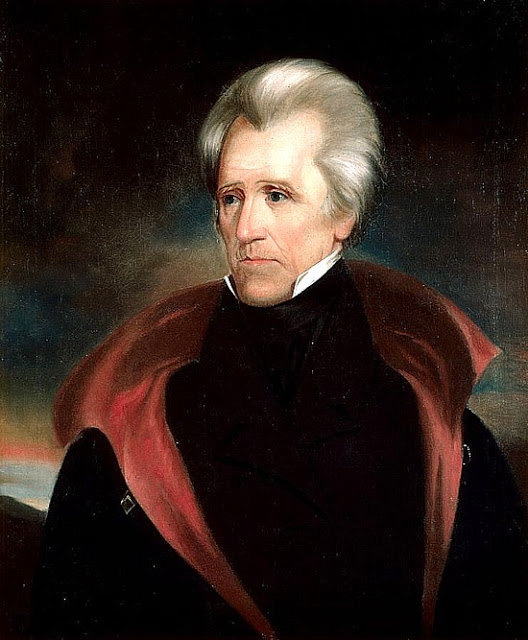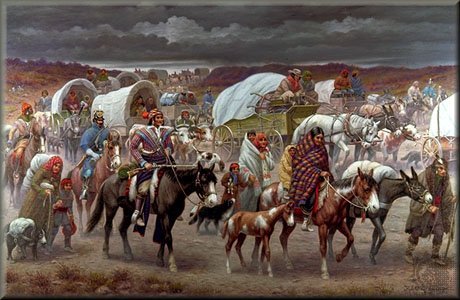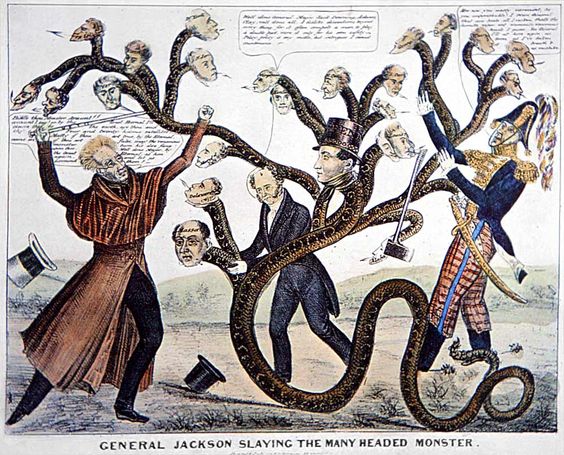LONG SHADOWS: More Ghosts and Haunts of the Civil War

On Good Friday in April of 1865, President Lincoln was assassinated during a performance of Our American Cousin at Ford’s Theater in Washington, DC.
Far away to the north, young Mary Brennan, an Irish immigrant only recently arrived to our shores, remembered well that dreadful day, etched in her memory for the rest of her life. Mary was a devout Catholic, but like many a devout Protestant of the day, she regarded Good Friday, the day Christ died, as a somber and solemn holy day. It was not a day to be honored with laughing, frivolity or going out to see a musical comedy at the theater.
“He never would have died” Mary would often say, “had he not gone to see that play on Good Friday.” Great grandmother was a font of omens and superstitions; her numerous descendants can still recite one or another piece of her Old World wisdom at will.
Abraham Lincoln, however, was never a “technical Christian,” as another Mary–Mary Todd Lincoln–once explained to an interviewer. Indeed, President Lincoln had ample reason to celebrate that Good Friday. Confederate general Robert E. Lee and his entire army had surrendered to General Ulysses S. Grant scarcely a week before, and that very morning the Grant was delivering his report to the President and Cabinet in person.
For the first time in four years, Lincoln, who frequently suffered from “melancholy” seemed uncommonly hopeful, now that the end of the Rebellion was in sight. Lincoln could at last look ahead to the future, forward to peace and the task of rebuilding a nation torn apart by a deadly fratricidal conflict.
As his Cabinet chatted before the official beginning of the meeting, Lincoln casually told them that Good Friday about the “usual dream” he had had only the night before. He explained that before every major event of the war, he had dreamed the same dream: of a ship sailing towards a distant shore. It always portended important war news. Lincoln, raised on presentments, omens and prophetic dreams, believed that this latest portent was a sign of something momentous about to happen.
Nor was this the first time Lincoln had experienced a vision or prophetic dream warning of his impending death: “visions of grandeur and gloom,” his law partner referred to them as. Right after receiving news of his election in November of 1860, Lincoln experienced a waking vision of two images of him, one well and alive, the other corpse-like. There were other presentiments–or premonitions–including a fateful dream only ten days before the cabinet meeting, where he dreamed he was walking through the White House. He could hear the sounds of subdued sobbing and occasional wailing, until entering the East Room, where he saw a body lying in state. He asked a guard who it was that lay there, to which the man replied: “the President. He was killed by an assassin!” All these omens and presentiments are documented in greater detail and backed by primary sources in The Paranormal Presidency of Abraham Lincoln.

On April 14, Lincoln was expecting news at any time from Sherman in North Carolina, where “Uncle Billy” had run to ground the once proud Confederate Army of Tennessee, now commanded by “Uncle Joe” Johnston. Johnston’s force was but a hollow shell of what it had once been, but the proud Rebels, barefoot and in rags, could still fight like wildcats—cornered wildcats. Lincoln hoped to hear that Johnston too had surrendered, marking the end of organized resistance. Surely the “usual dream” portended this, thought Lincoln.
Later that day, as Lincoln and his wife readied for the theater, the President was in an uncommonly optimistic mood, not realizing the prophetic dream he had the night before the April 14 meeting portended not good news about Sherman and the Confederates in North Carolina but was, instead, a presentiment of his own death. For even as Abraham and Mary dressed for the night, across town a band of conspirators were also preparing for the night—only their performance would end in death and mayhem.
Much has been written about that day and about the conspirators led by John Wilkes Booth; yet, to this day there remains some uncertainty as to how deeply the Booth Conspiracy ran. The Confederate government’s papers relating to its espionage department conveniently burned when Richmond fell to the Union Army. How far the conspiracy to do away with Lincoln and his Cabinet extended has never been fully explored.
To be sure, many persons were arrested and the leading conspirators executed. But Mary Lincoln, for one, had her suspicions that there were others involved who got away, including some high placed in the Lincoln administration. Mrs. Grant too, had an incident and experienced a premonition that day causing her to make General Grant turn down the President’s invitation to attend the theater.
Historians, however, hate loose ends and strands of evidence pointing to a broader conspiracy lie moldering in archives and museums little looked at or considered. Who knows, the truth may still be out there, waiting to be uncovered.
In Chapter 31 of Ghosts and Haunts of the Civil War, I go more deeply into strange circumstances surrounding the assassins and other ignored aspects of the Conspiracy. Just as Lincoln’s ship of state was about to reach that ‘far and distant shore’ of peace, the captain—Lincoln—was cut down. Lincoln’s last Presentiment was so compelling, Walt Whitman even made a poem out of it.
It is difficult, even now, to fathom what the Nation lost that fatal Good Friday at Ford’s Theater. Let us remember, Lincoln not only preserved the Union; he signed the Morill Act, which created land-grant universities to provide free college education, the Homestead Act, which redistributed millions of acres of land free to any homeless person who had a will to settle and till it; and of course, he fought and died for the principle racial equality, and the fundamental right of all working people to be paid for their labor.
These and other progressive reforms were what truly made Lincoln great—not simply his leadership of a war that was forced on him by the Slaveocracy and the textile manufacturers who benefitted from human bondage. In the end, Lincoln paid for his achievements with his life. As we commemorate Good Friday and Easter Sunday this April, this too should be borne in mind.
The Paranormal Presidency chronicles his prophetic dreams, premonitions and beliefs, as well as his participation in séances and Spiritualism




